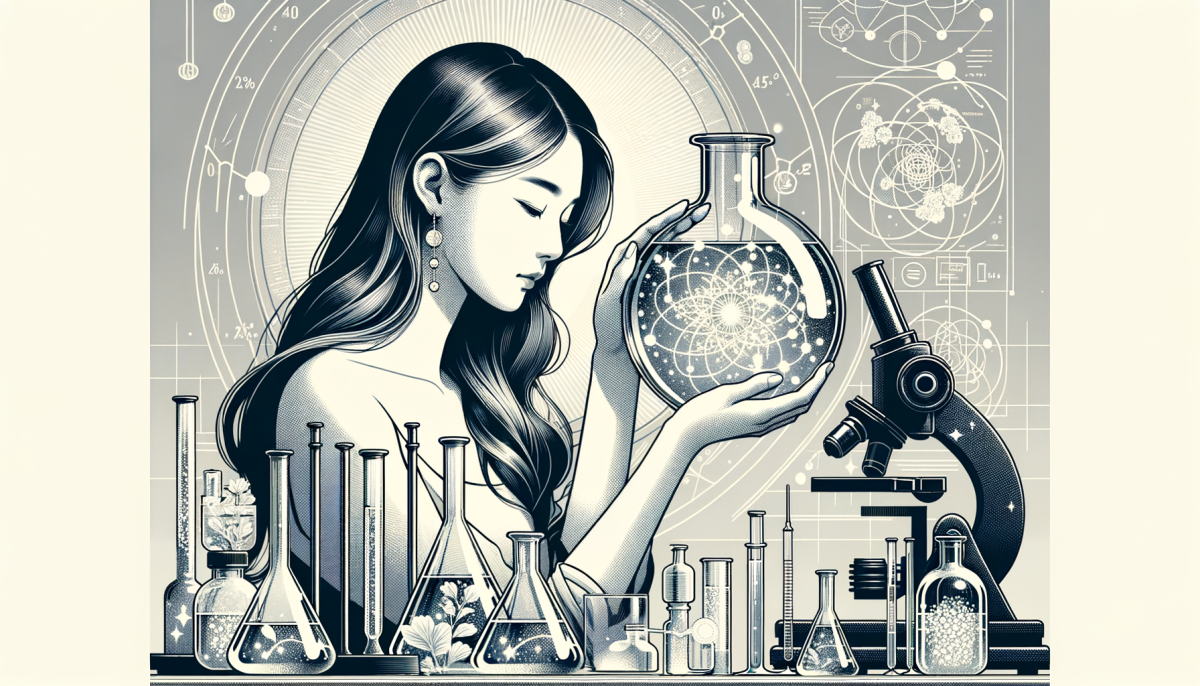Introduction
The essence of life, the elixir that sustains us, water, is a fundamental necessity for our existence. The human body, a complex system of cells, tissues, and organs, is primarily composed of this vital fluid. The role of hydration in maintaining health and wellbeing is a topic of paramount importance, often overlooked in the hustle and bustle of our daily lives. This article delves into the science behind hydration and health, exploring the fundamentals of hydration, its implications on health, and strategies to ensure optimal hydration.
Hydration Fundamentals

Water, the universal solvent, is the cornerstone of life. It is involved in every bodily function, from cellular metabolism to temperature regulation, nutrient transport to waste elimination. The human body is approximately 60% water, a testament to its importance. However, this ratio is not static. It fluctuates based on factors such as age, sex, and body composition. For instance, adipose tissue (fat) contains less water than lean tissue, so individuals with higher body fat percentages may have a lower overall water content.
The body’s water balance is a delicate equilibrium, maintained through the processes of intake and output. We replenish our water reserves through the consumption of beverages and food, and even metabolic processes contribute to our water supply. On the other hand, we lose water through urine, sweat, respiration, and feces. When the scales tip, and water loss exceeds intake, we experience dehydration, a state that can have severe repercussions on our health.
The body’s thirst mechanism is a primary regulator of water intake. However, it’s not always an accurate indicator of our hydration needs. Often, by the time we feel thirsty, we are already mildly dehydrated. Therefore, understanding the science of hydration is crucial to maintaining optimal health.
Health Implications
The health implications of hydration are far-reaching. At a cellular level, water is involved in numerous metabolic reactions, facilitating the synthesis of proteins, nucleic acids, and energy molecules. It also serves as a medium for the transport of nutrients, hormones, and oxygen to cells, and the removal of waste products. Without adequate hydration, these processes are compromised, leading to cellular dysfunction and, ultimately, disease.
Dehydration can have acute effects on the body, manifesting as fatigue, dizziness, and confusion. It can also exacerbate chronic conditions such as kidney disease and diabetes. On the other hand, overhydration, although less common, can lead to hyponatremia, a potentially life-threatening condition characterized by low sodium levels in the blood.
Hydration also plays a pivotal role in cognitive function. Studies have shown that even mild dehydration can impair memory, attention, and motor skills. Furthermore, hydration status can influence mood and mental wellbeing.
Hydration Strategies
Given the importance of hydration for health, it’s crucial to adopt strategies to ensure adequate water intake. The ‘8×8 rule’—drinking eight 8-ounce glasses of water a day—is a commonly cited guideline. However, individual hydration needs can vary based on factors such as age, sex, weight, physical activity level, and climate.
One practical strategy is to monitor urine color. Pale, straw-colored urine typically indicates adequate hydration, while darker urine can be a sign of dehydration. Consuming a diet rich in fruits and vegetables, which have high water content, can also contribute to hydration.
It’s also important to increase water intake during physical activity and in hot climates to compensate for increased water loss through sweat. Furthermore, certain populations, such as the elderly and athletes, may have higher hydration needs and should adjust their intake accordingly.
Conclusion
In conclusion, hydration is a fundamental aspect of health, influencing everything from cellular metabolism to cognitive function. Understanding the science behind hydration can empower us to make informed decisions about our water intake, ultimately promoting optimal health and wellbeing. Whether it’s sipping on a glass of water, enjoying a juicy piece of fruit, or monitoring our urine color, every step we take towards optimal hydration is a step towards better health.





